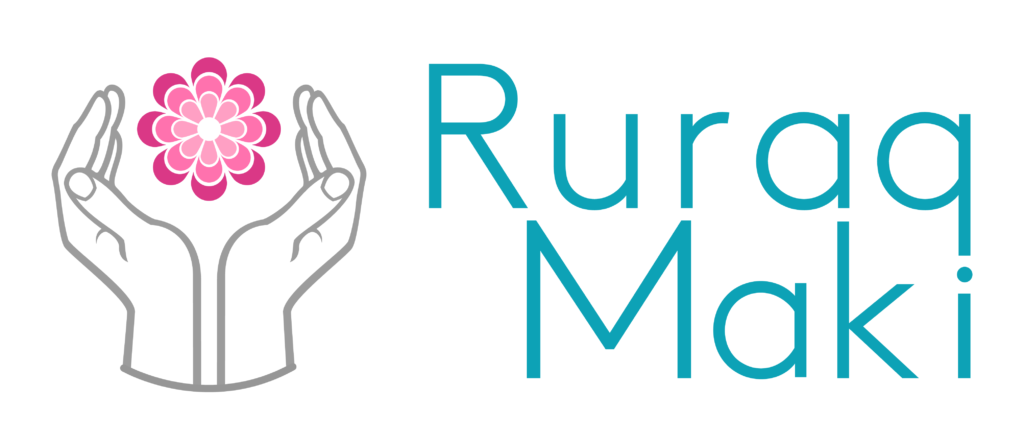
The Yanamilla Prison, Ayacucho, Peru
I’ve come to refer to the new prison director as the magic unicorn director since things seem to be moving along smoothly with him around. Today I went to get the final registration list of the women in the special classes next week. Since the women will be leaving their pabellon to go to the workshop area, I need a signed authorization from the Security Director.
Several trips ago, we met a young Security Director who was overly flirtatious and, often, when I discussed issues with him in his office, I had a distinct feeling that other guards were outside snickering about us. Today, I was dreading having to deal with him, and his overt flirtations. Luck accompanied me again today because, as it turns out, he has been transferred and, in his stead, is a new security director who is nice, yet professional. Signing my participant list without hesitation, he became extremely interested in the classes, even asking if he could sit on the business class! (I gently reminded him it was geared towards women)
Next up was asking for permission to bring my camera to take photos of the classes. This was the biggie, since cameras are strictly prohibited. Mustering up all the courage I had (and reminding myself it was highly unlikely my proposal would be approved), I presented the case for a camera to the Director. Again, magic unicorn director proved himself worthy of that title by agreeing to let me bring my camera! There were some negotiations. I originally (and brashly) asked for 5 days, which he politely declined, saying I could have it for 1. I pleaded for 2, so I could take photos of each of the classes, and he understood my point and accepted. I’m still a bit dubious about how this will all work out with the guards at the door, but the Security Director (who is arranging the camera entry) has promised me that I will be allowed to take photos.
Yesterday I mentioned that I spoke to the women a bit about the changes in the prison. One of the biggest changes is that Peruvian law no longer allow benefits for people incarcerated for trafficking. Benefits were a system where people could earn time off their sentence for working and good behavior. Although benefits were not available to all prisoners (people incarcerated for maximum sentences couldn’t receive benefits) it did help lower the sentences for many people.
Trafficking continues to be on the rise in Peru and more and more young people are turning to that kind of work. As a result, the Peruvian government is making the laws ever stricter, in hopes of deterring people. Of course, harsher punishments do little to deter people from trafficking- people need well paying job and long term employment opportunities, but, like many countries, Peru is relying on its criminal justice system to solve crime without putting time, energy, or money into the root causes.
The result is that the prisons have become even more over crowded. Trafficking laws are already strict in Peru, people often are incarcerated for 10-15 years, and now, without benefits, everyone is staying put while more people flood in.
The women noted that most of the newcomers are young women, who unfortunately, do not follow the rules. Earlier this year there were several incidents by new women which caused stricter rules to be enforced. There is definitely a sense of frustration from the women who have been in the prison a long time, as the little liberties they have are slowly being taken away.
It will be interesting to see how these new laws affect the prison and, once the prisons are too full, what next steps the government here will take.
